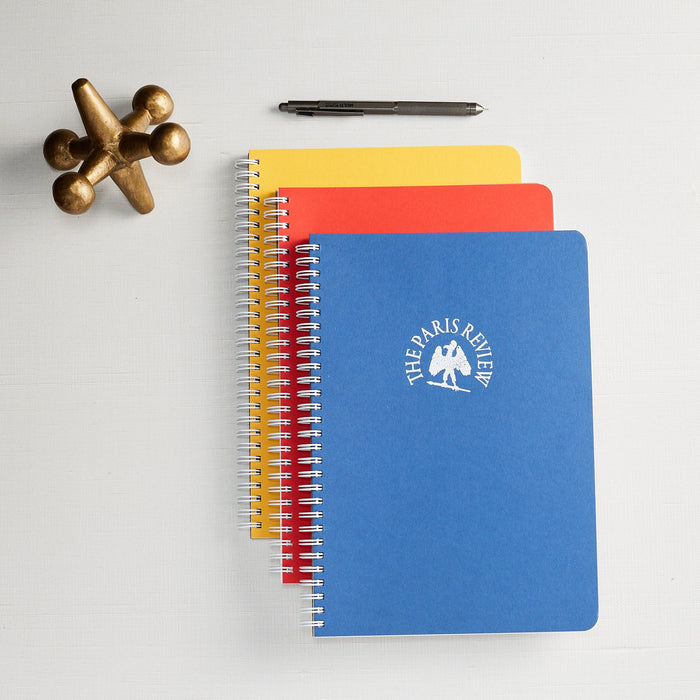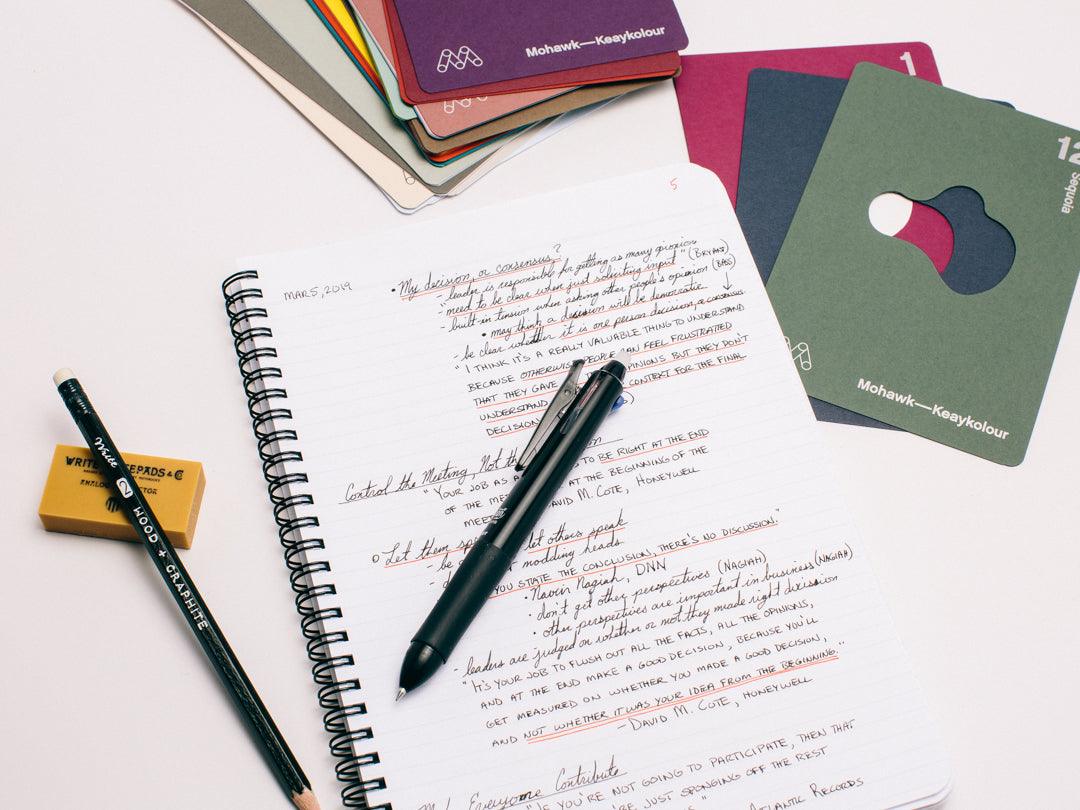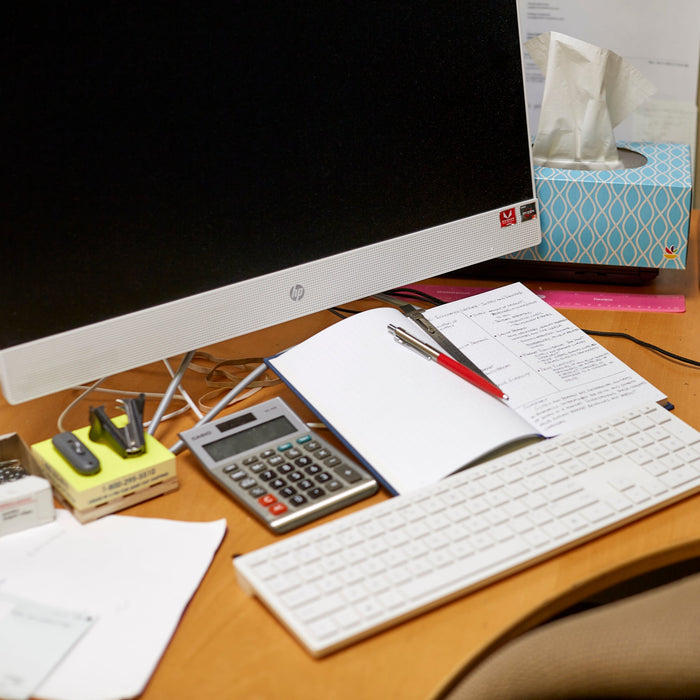My days as an undergraduate began in 1960. There were no computers, and in looking back on that time, I am so very grateful that my note taking materials were paper, a pencil and an erasure. Half way through my first quarter, I noticed my notes were messy, lacking information, an of no use to me when studying for an exam. I had to change my study habits, and in thinking back I still don’t remember how I came up with the strategy that I am going to describe.
First, I decided to take copious lecture notes. Most professors used blackboards, again a blessing. I wrote down every word or drawing that the professor said or drew. Yes, at the end of a lecture, my notes were messy, words in a shorthand I developed, and ugly drawings…but I had the basic information.
Next, I would go through the mess I had produced, and filled in the missing pieces. That same evening I would find a guilt place in the library, get out my notes that I took earlier in the day, and a clean pad of paper. My next step would be to start recoding my notes, in neat hand writing, redo the drawings, while organizing my notes in concepts. The mornIndid this, the more I realized, it was taking me less time, but more importantly, I realized, the re-copying my notes was now engaging my visual learning too….hands, brain, visual learning. If there was something I did not understand, I put a ? Mark by that section of my notes and the next day visited the professor during his/her office hours to get assistance. The end product was a beautiful set of notes, in which the information I was well on my way to understanding and learning.
I also added two further steps…2 or 3 days before the exam I would read my notes out…one more learning connection. Two days before the exam, I would get my notes out, and on a clean sheet of paper, I would write down the major concept headings…I always tried to only one sheet of paper. The day or night before the exam, I would only use the one sheet of paper on wich the major concepts were listed. I would explain these concepts out loud, and I might even redraw the figures.
Was this tedious ? Yes, at first, but as Inprogressed through school, I became more and more efficient. I think in retrospect, I was using all my important learning pathways.
One last hint, get a study group…but only include in the group students that come to study sessions as prepared as you are. Another word of advice…if you use a computer, that’s fine, but don’t open your FB and IGbscreens while trying to take notes. And, remember writing involves more learning skills than typing, and use your professors office hours, immediately if you do not understand a concept…don’t wait until the day before or the day of the exam…it won’t work.
Support Write Pads Company, they can supply you with all your paper needs. Good luck and Write On.you might also want to learn cursive writing, it’s faster than printing.





Comments
Leave a comment